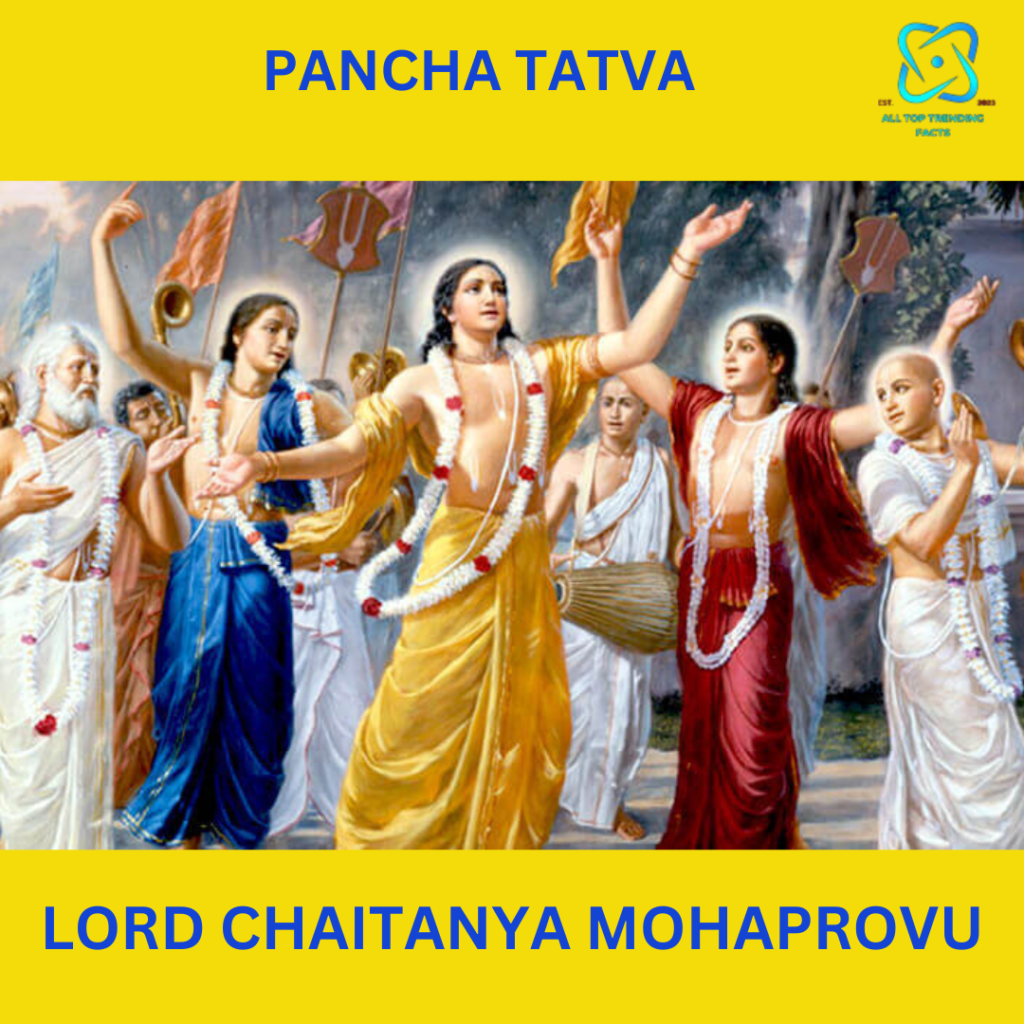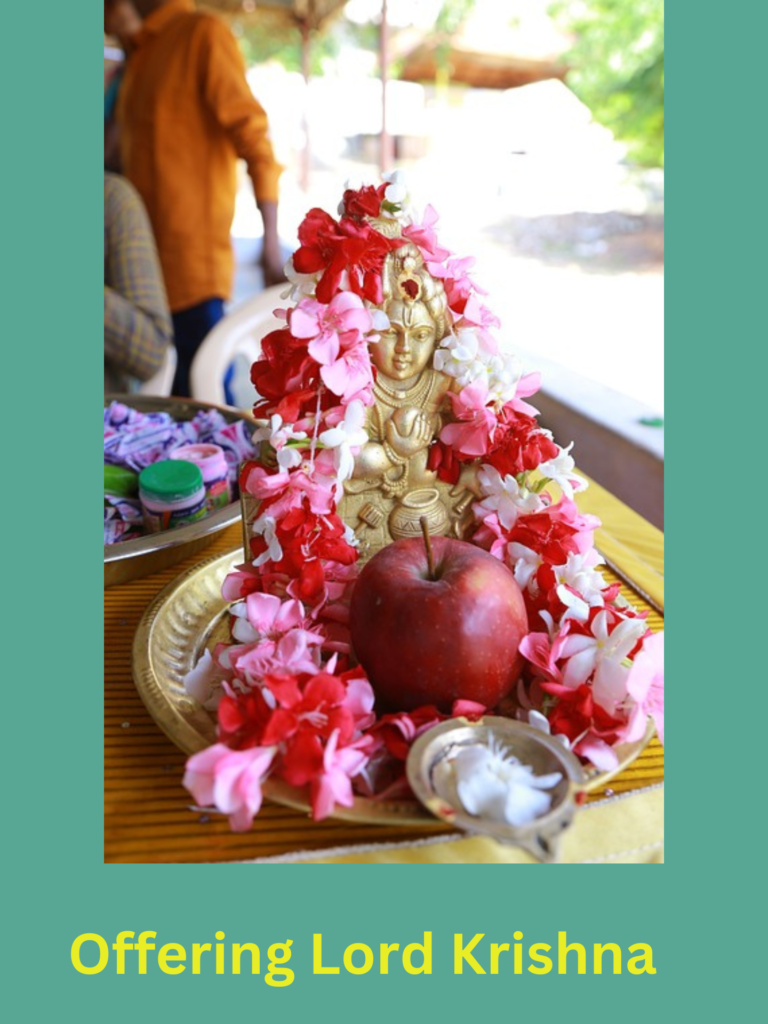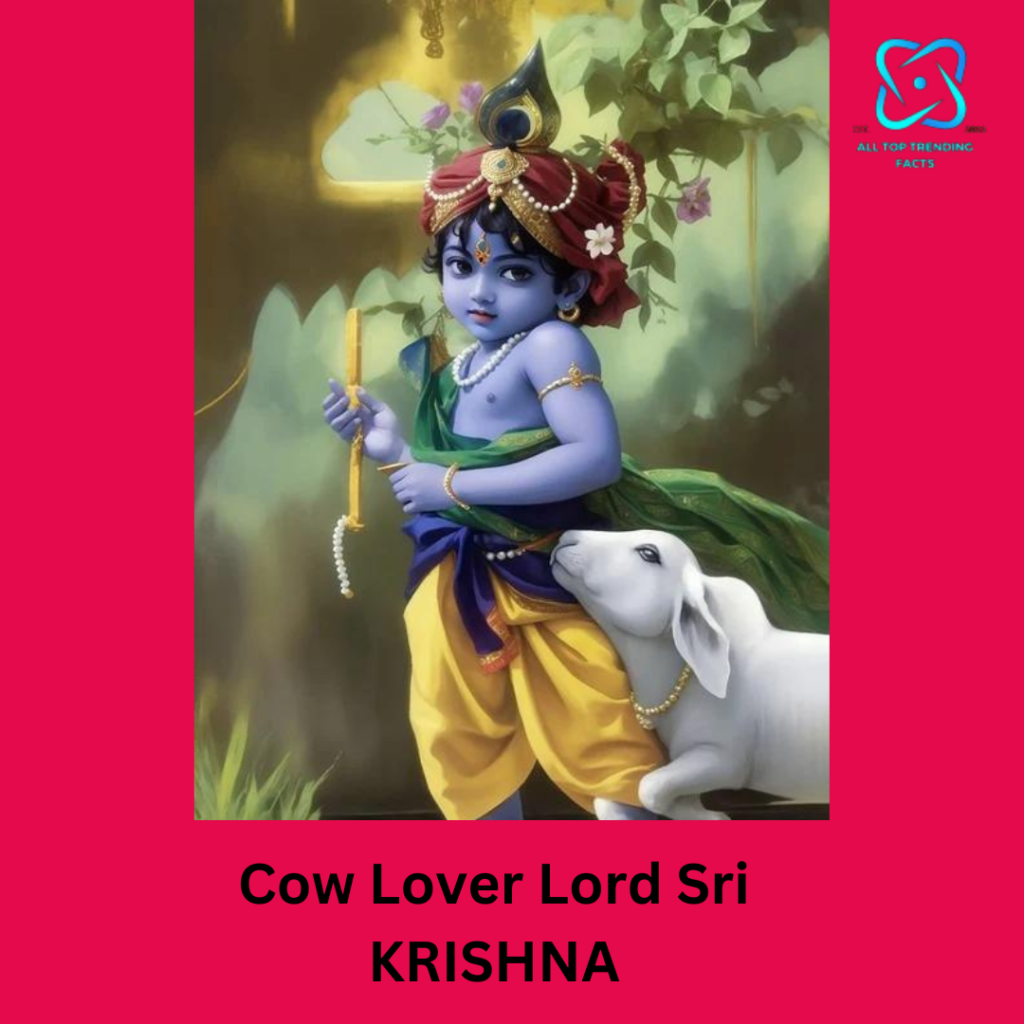
the practice of fasting Hinduism
Hinduism places a strong emphasis on fasting, which can take several forms, from moderate restriction to complete abstinence. The society, the family, or the individual determines the days and the fasting technique; neither is imposed.

Vaishnavism: What is it?
Naturally, the Person who have supreme quality in his character and behavior along with true believers of lord vishnu and the devotees of Lord Vishnu are called Vaishnava.

One of the main schools of the larger Vedic, or Hindu, spiritual culture is Vaishnavism. Vaishnavas hold that the ultimate reality is personal, in contrast to several other Vedic traditions. They thus know that Krishna, the Ultimate All-Attractive Person, is God. They recognise that every living thing is an immortal person and that every issue in life stems from a person’s soul forgetting who they are in respect to God.
Vaishnavas preach that the soul can resurrect his original spiritual wisdom, live in harmony during this life, and, at the time of death, return to the spiritual realm, or Vaikuntha, the place of no tension, by chanting the names of God.

There are four primary Vaishnava lineages, or sampradayas, that originated in India. While the emphasis and techniques of worship vary, Vaishnavas see Lord Vishnu, Lord Rama, and Lord Krishna as distinct incarnations of the same ultimate deity.The Vaishnava tradition has had a significant artistic, dramatic, musical, and visual impact on South Asian culture. Vaishnavism combines a sophisticated social discourse with a profound theology through its beautiful sacred writings and sincere philosophy.
The principal texts of Vaishnava philosophy are the teachings of Krishna found in the Bhagavad-gita (part of the Mahabharata), the Ramayana, the Srimad Bhagavatam (one of the eighteen Puranas), and the more contemporary 16th-century Sri Chaitanya-charitamrita.

THE EKADASI FAST AND THE GOAL OF EKADASI FASTING

The goal of the Ekadashi fast is to purify your soul and get ready to receive Moksha, or salvation. Through ritualistic practice, humans can achieve happiness and rid themselves of negative planetary influences.
This fast, which is observed on the eleventh lunar day of the lunar cycle of a Hindu calendar month, is observed by all Hindus, though devotees of Vishnu find it especially popular.

We’ll talk about how to observe the Ekadashi Vrat in this article, along with certain precautions you should take.
Benefits from the Ekadashi fast are reserved for those who worship Lord Vishnu and have faith. In Hinduism, it is regarded as one of the most productive fasts. The benefits of the Ekadashi fast can help you achieve prosperity, harmony, and peace.
Yudhishthira was told by Vishnu the significance of the Ekadashi fast. He declared that in order to achieve Moksha (salvation) and purify the soul, truly pious people needed to observe this day.

Since salvation is the ultimate goal of human existence, this fast is believed to be very beneficial for everyone. As a result, devoted followers of this holy Hindu rite experience prosperity and mental tranquilly.
To achieve the intended outcomes, adhering to the numerous regulations of the Ekadashi fast is essential.
Older folks, sick people, and pregnant women shouldn’t maintain this fast.
The guidelines for keeping this fast can only be followed by those who are very spiritual and motivated.
Water and food should not be touched when fasting. Fruit and milk are still acceptable for people who are unable to observe Nirjala Ekadashi, or Ekadashi without water.

Meat, fish, and cereal grains are absolutely forbidden.
The fast needs to begin at dawn and end at dusk. It is recommended that those who observe this fast get up early, take a cleansing bath, and say the Vishnu mantra, “Om Namo Bhagvate Vasudevaya.”
On this fast, participants should abstain from violence, dishonesty, and lying and engage in altruistic endeavors.
Meat, grains, and fish are off limits during the Ekadashi fast. Rather, there will be an intake of fruits, milk, and non-grain goods. When following the Ekadashi fast for the first time, steer clear of flour, rice, wheat, lentils, onions, and garlic if you are unsure about what to consume.

“Hello Everyone” Myself Joydip DN, and I Live in Sylhet And I am a Seasoned Digital Marketer, Accomplished Content Writer, Experienced Blogger And Combines A Wealth of Experience In Online Marketing Trained From Freelancer Lab Academy, With A Strong Linguistic Proficiency, Evident In My Impressive IELTS Band Score. Holding An, MBA With A Major In Management Information System(MIS) From Leading University. I Am(Joydip) Seamlessly Integrates Strategic Business Insights With Technological Acumen To Deliver Organic And Impactful And Results-Driven Content In The Dynamic Digital Landscape.”





